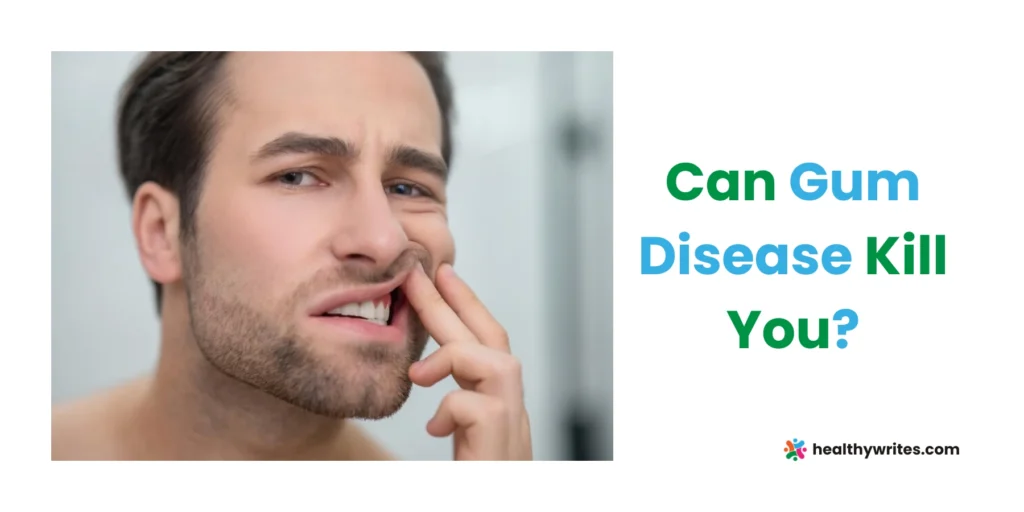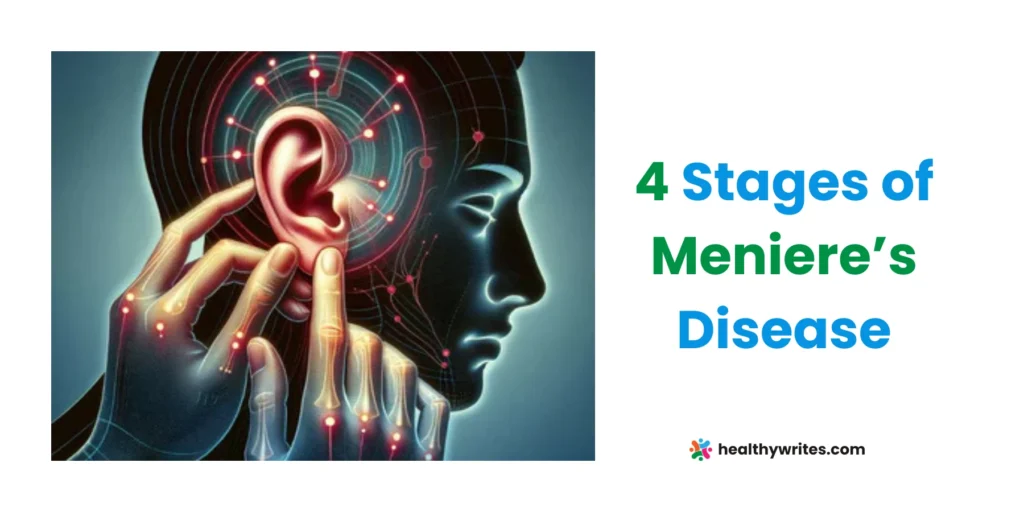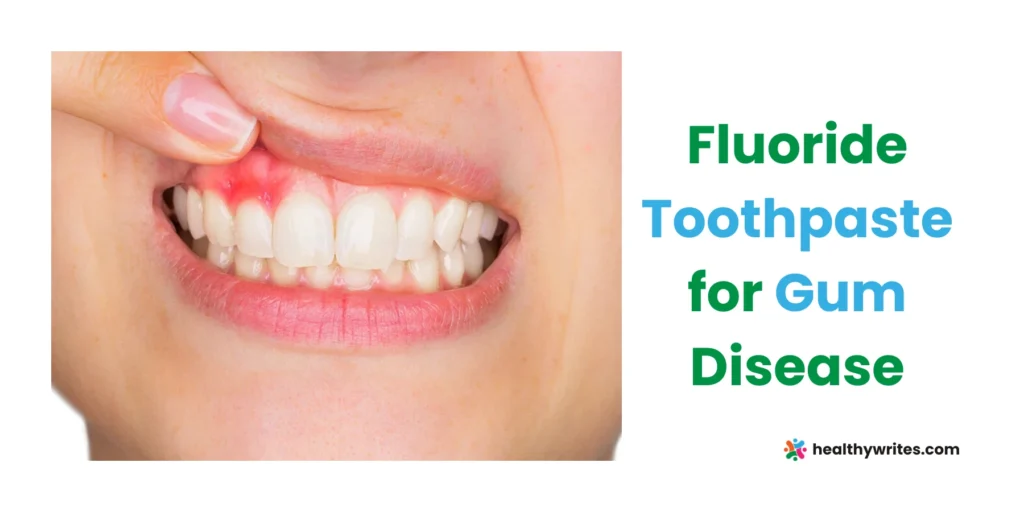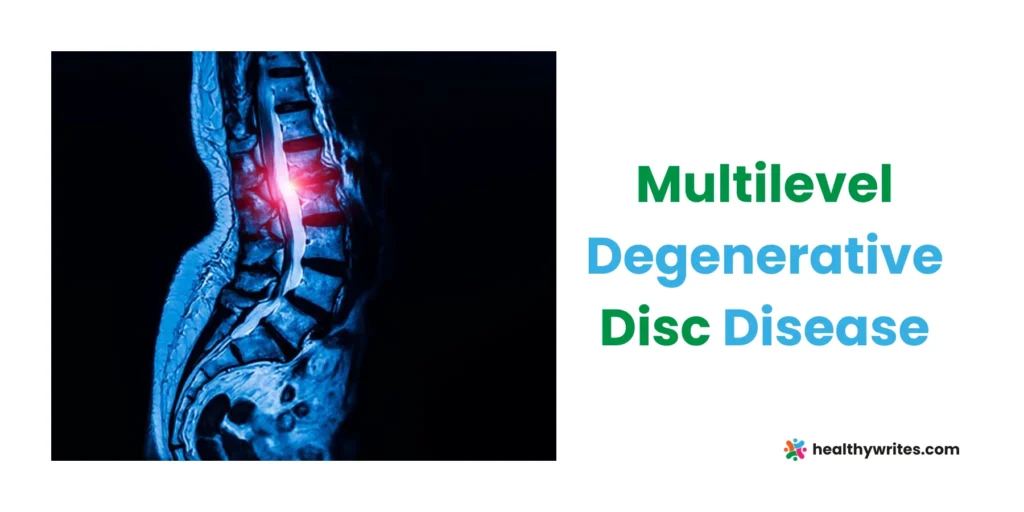Last Updated: October , 2025
Most people think of gum disease as nothing more than bleeding gums or bad breath. But did you know that untreated gum disease can contribute to life-threatening health conditions? While gum disease itself doesn’t directly “kill” you, its complications and links to serious illnesses mean it should never be ignored.
In this article, we’ll explore what gum disease is, how it progresses, and why it’s more dangerous than you might think.
What Is Gum Disease?
Gum disease, also called periodontal disease, is an infection of the gums and supporting structures of the teeth. It develops in stages:
- Gingivitis – Early stage with red, swollen, or bleeding gums. Reversible with good oral hygiene.
- Periodontitis – Advanced stage where infection damages bone and tissue, leading to loose teeth and possible tooth loss.
While gum disease starts in the mouth, its effects don’t stop there.
Can Gum Disease Kill You Directly?
No, gum disease itself doesn’t directly cause death. However, untreated gum infections can spread and contribute to serious health conditions. In rare cases, a severe dental infection can enter the bloodstream, leading to sepsis, a life-threatening immune response.
The Link Between Gum Disease and Overall Health
Research shows that gum disease is connected to several chronic and potentially deadly health conditions:
1. Heart Disease
Bacteria from infected gums can enter the bloodstream, increasing inflammation and plaque buildup in arteries. This raises the risk of heart attacks and strokes.
2. Diabetes
Gum disease makes it harder to control blood sugar, and uncontrolled diabetes makes gum disease worse—a dangerous cycle that can increase complications.
3. Respiratory Infections
Bacteria from the mouth can be inhaled into the lungs, contributing to pneumonia and worsening conditions like COPD.
4. Pregnancy Complications
Severe gum disease has been linked to preterm birth and low birth weight, both of which can be life-threatening for infants.
5. Cancer Risk
Some studies suggest a connection between gum disease and certain cancers, including pancreatic and esophageal cancer. While research is ongoing, the link is concerning.
Warning Signs of Gum Disease
Early detection is key. Symptoms may include:
- Red, swollen, or bleeding gums
- Persistent bad breath
- Receding gums
- Loose or sensitive teeth
- Pain when chewing
- Pus between gums and teeth
👉 If you notice these signs, it’s important to see a dentist before the condition worsens.
How to Protect Yourself
Preventing gum disease is simple but requires consistency:
- Brush twice daily with fluoride toothpaste
- Floss once a day to remove plaque between teeth
- Visit your dentist regularly for checkups and cleanings
- Quit smoking, which increases gum disease risk
- Eat a balanced diet to strengthen your immune system
When to Seek Emergency Care
Most gum disease cases aren’t emergencies, but seek immediate help if you have:
- Severe swelling in your mouth or face
- High fever with dental pain
- Difficulty breathing or swallowing
These could indicate a spreading infection that requires urgent treatment. You can also consider Fluoride Toothpaste for Gum Disease
Final Thoughts
So, can gum disease kill you? Not directly—but ignoring it can put your overall health at serious risk. From heart disease to respiratory illness, the consequences of untreated gum disease extend far beyond your mouth.
The good news is that gum disease is preventable and treatable—especially when caught early. Taking care of your gums is more than just protecting your smile; it’s protecting your life.











